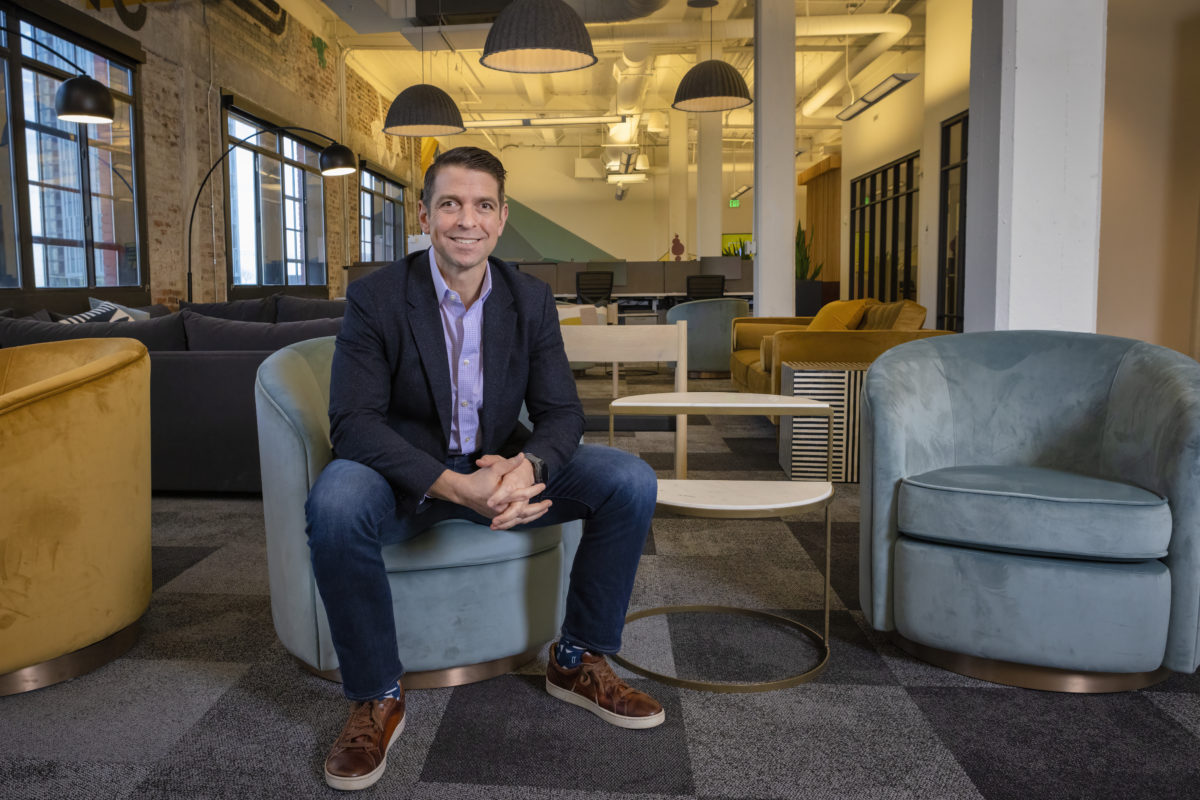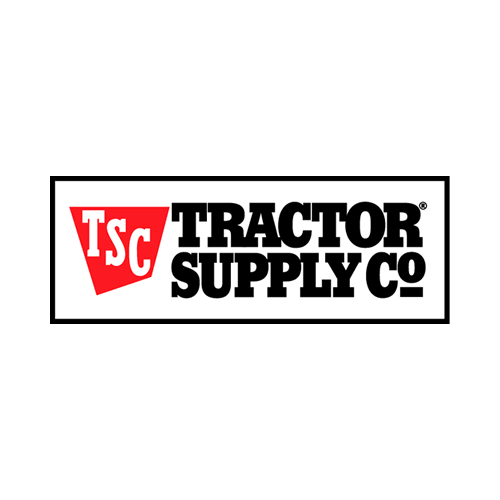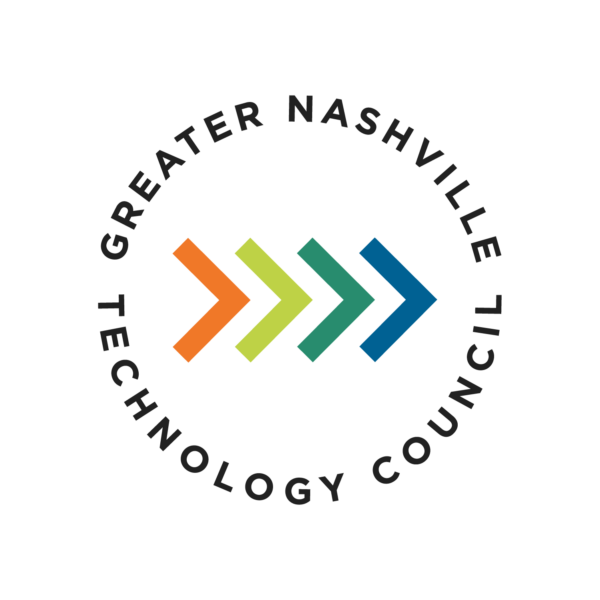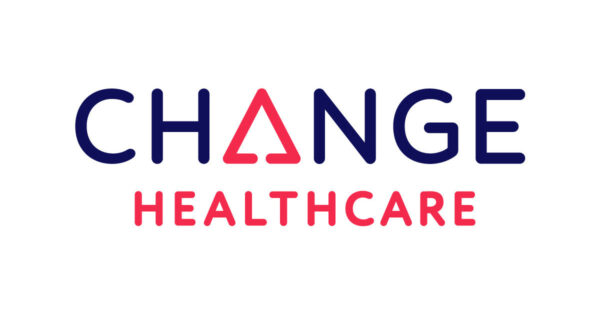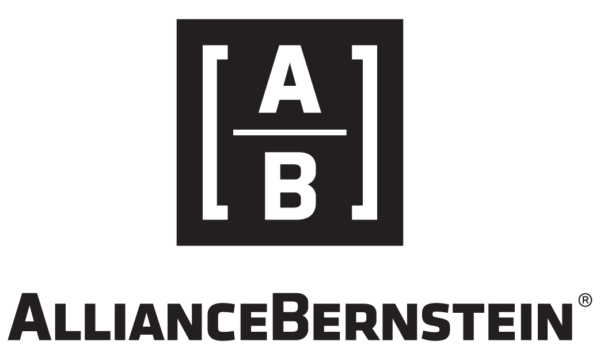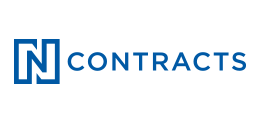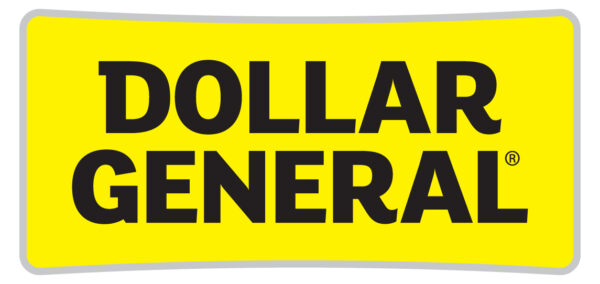The future of work includes better retirement planning. With more workers looking ahead to their golden years, businesses are reconsidering how they plan to help employees retire.
Smart in the US (Smart)—a division of the U.K.-based Smart Pension Ltd.—is a retirement fintech provider that offers retirement income, recordkeeping, and managed account capabilities, with a focus on pooling assets to achieve economies of scale. According to the company’s website, Smart empowers “employers, advisors and plan participants to take full advantage of retirement savings options. Our products include everything from self-service retirement income solutions to more customized platform options.”
Specifically, the company specializes in technology for pooled retirement plans of all types, including pooled employer plans (PEPs) and group of plans (GoPs), types of defined contribution plans created by the SECURE Act of 2019. Unlike single employer plans, pooled plans can reduce retirement plan expenses through sharing costs with other employers on a plan. Just like tenants splitting costs by sharing a co-working space, these plans reduce barrier costs and make benefits accessible.
Investors in Smart include J.P. Morgan and Legal & General—two of the world’s biggest financial services companies —Natixis Investment Managers, the Link Group, Barclays, Chrysalis Investments, and DWS.
CEO of Smart in the US Jodan Ledford is a veteran of the retirement industry. A former actuary for Willis Towers Watson, Jodan loved using math and computer skills to help people. In fact, Jodan has always treated life like one large math problem. Early in his career, he found great satisfaction in using his skills to solve financial conundrums as an actuary. As Jodan’s abilities grew, he specialized in making retirement more secure for clients. This was done through work in investment banking and asset management.
“I want people to save more money for retirement, and have an ability to spend comfortably and enjoy their life when they get to that point in their lives,” Jodan says.
Quick to help others, that pride in Jodan’s calling has never left him. “You’re not selling cigarettes. You’re helping people live better,” he says.
Retirement: A “Sold Market,” Not a “Bought Market”
Jodan says that the U.S. defined contribution (401K) retirement market is the biggest one in the world. It’s actually five times bigger than the rest of the world’s combined retirement markets!
Jodan explains that over the years, many employers have shifted from offering their workers traditional pensions plans—known as “defined benefit plans“—to defined contribution plans, such as 401(k)s. In a defined benefit plan, at retirement, the employee received a guaranteed income stream based on their income and years of service (among other factors). In a defined contribution plan such as a 401(k), however, the employee receives all the money that they have managed to save in their retirement account, often with no idea how to manage that sum or turn it into a livable income stream. In addition, the employer has a fiduciary duty to manage the plan in the best interests of the employees and to properly oversee all the various service providers who manage aspects of the plan such as the investments, the recordkeeping and the administrative components.
Jodan explains, “At a typical large corporation, you have the ability to select your manager directly. You can select the record keeper. You can do your own administration. But as you go down market, it just becomes a big chore for small businesses to be able to administer these retirement plans.”
Small businesses struggle to think about long term needs. With so much going on in their immediate calendar, improving retirement plans gets put on the backburner for businesses.
As a result, the U.S. federal government has recognized the coverage gap of retirement plans as an issue. So, in 2019, The SECURE Act was passed. This created the pooled plans needed to help small businesses manage defined contribution plans. Jodan compares this easing of functionality to selecting a vendor instead of making your own team. With this selection, small businesses get added benefits, including tax credits.
Since pooled plans made starting a retirement plan for small businesses more accessible, the SECURE Act increased the sheer volume of employees who previously did not have a workplace retirement plan. Consequently, these new pooled plans—plus the influx of new retirement planners—presented a new kind of problem.
Jodan explains, “If you start getting millions of businesses coming to the retirement market, the legacy technologies… were not equipped to handle this volume.”

Smart Retirement at Home and Abroad
Back in 2014, the U.K. passed legislation similar to the SECURE Act. In response, Smart’s parent company Smart Pension Ltd. was founded to handle the surge of pooled plans—known as “master trusts.” Most importantly, Smart was built to be scalable.
Today, over 70,000 employers in the U.K. are signed up on the Smart platform. Based on the success they’ve had in the U.K., Jodan says that Smart foresees a wealth of opportunity in America.
“Technology is really going to enable that growth because it is something that’s built from scratch to be scalable,” Jodan states. He adds that larger entities handling retirement plans never anticipated this jump in demand. As a result, they’re not as nimble as a smaller player might be.
Many competitors in this space want to sell complex products. Smart went a different route, focusing on simplifying retirement plans. The company’s focus was to help people save for retirement on a pre-tax basis, get them employer contributions, create a simple investment lineup, and then aid them in generating income from retirement.
“That’s streamlined,” Jodan says. “And that takes out a lot of cost, so you can do something low cost. From that perspective, you can build something that is scalable, and you can build a lot of volume with it.”
Planning for a Future in Nashville
The fintech company plans to move quickly to expand its U.S. operations. The American division of the company was founded in 2020, but started with a handful of people that has quickly grown to 40 employees. Globally, the company has around 600 employees.
Smart initially wanted to put its American headquarters in Chicago, as Jodan was living there previously. Even though he loved the Windy City, Jodan objected.
Jodan recalls, “I was like, ‘I’m getting out of Chicago. I’m not doing another -40 degree winter!’”
At his request, the team started looking at what other cities would be ideal for Smart’s new headquarters. In early 2020, they started looking at smaller major cities.
Denver, Austin, Atlanta, Charlotte, and Nashville were among the candidates for consideration. Denver was a strong option, but ultimately, it was nixed because of the time zone differential with London, where the parent is based. The further west you go in the U.S. the smaller the overlap of working hours with London. Jodan liked Austin, but didn’t care for the heat, or how expensive its real estate has become.
In the end, Jodan was drawn to Nashville. It’s cost, beauty, and tech footprint spoke to him. Companies like Alto IRA had already found success in Middle Tennessee. Chatting with the rest of his team, Jodan convinced them to select Nashville.
In July 2021, Smart announced that its American headquarters would be located in Nashville. The information was shared through Gov. Bill Lee. Information in the announcement stated that Smart “will create nearly 130 new jobs and invest $2.2 million over the next five years.”
Growing a Workforce in Nashville
The company wants to have about 70 employees by the second quarter of 2022.
“I honestly want to get to a couple hundred people here in a couple years, and really make ourselves a homegrown, Tennessee entity!” Jodan says.
Being in the U.S. will help Smart navigate the regulations, which Jodan says are “like a massive patchwork quilt of rules.”
The company will be doing a lot of hiring in the next few years. This is both for subject matter experts who are familiar with the retirement planning space, and for tech employees.
From a technology perspective, the company will be hiring across the full gamut. This consists of roles related to senior DevOps engineers, architects, product owners, and will also include an army of programmers.
The technologists don’t have to be familiar with the retirement planning business. They do, however, have to come to the table with an openness to learn some of the grittier details related to regulation.
When Smart landed in Nashville, it hit the ground running. It’s already gotten its first major client. While he can’t reveal who they are, Jodan states that Smart will be working with them to help historically underserved communities plan for retirement.
For further information about Smart, be sure to visit its website and social media.
